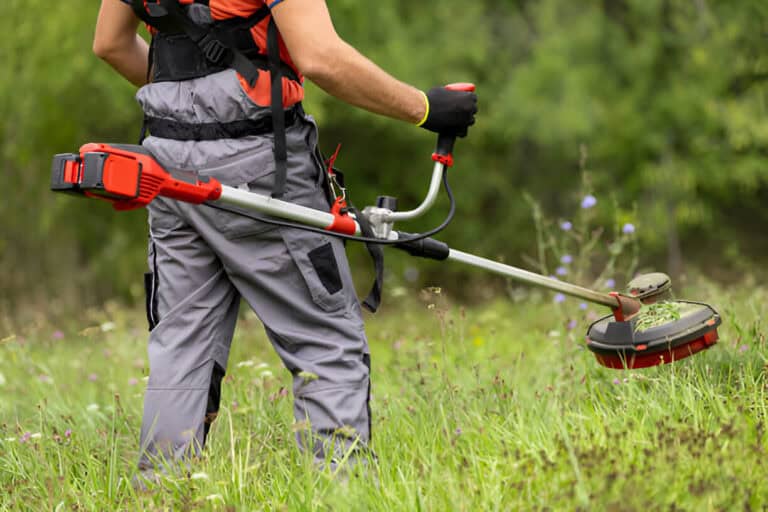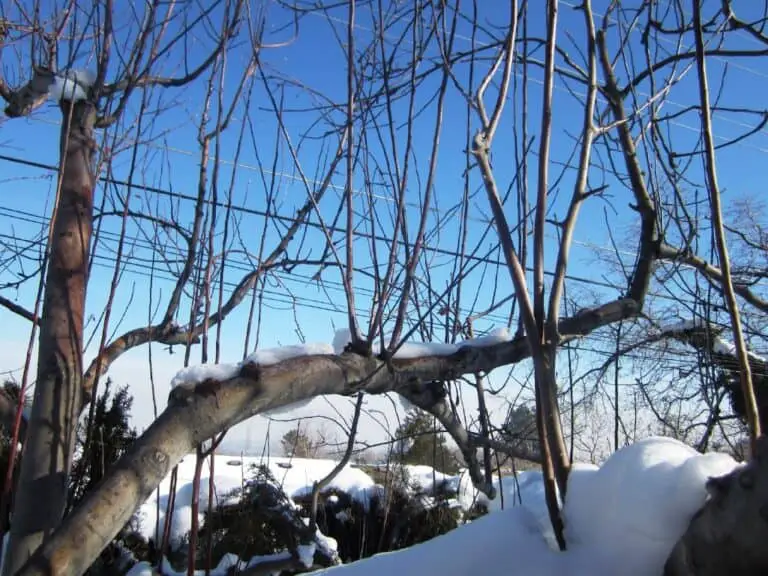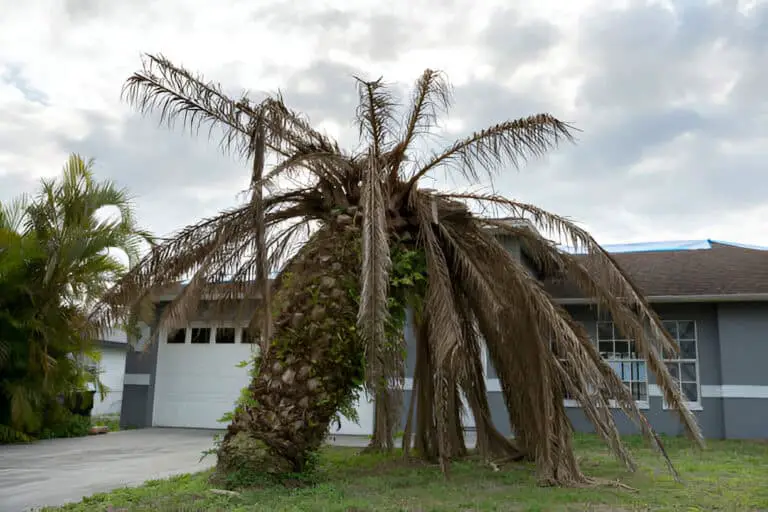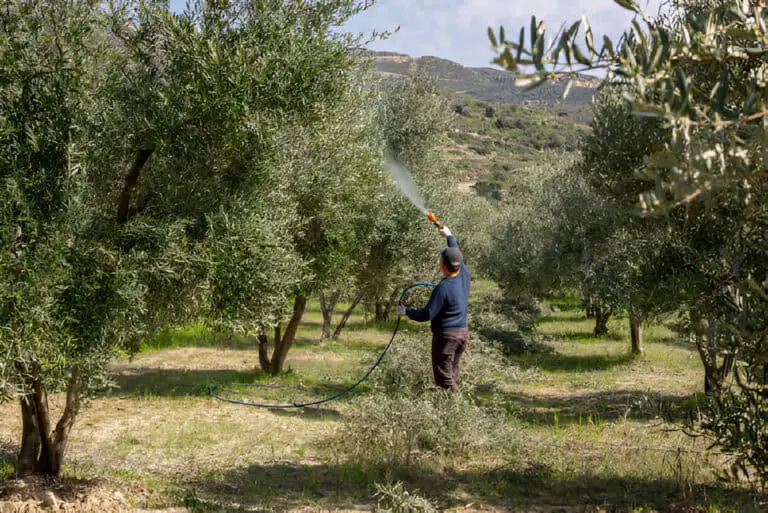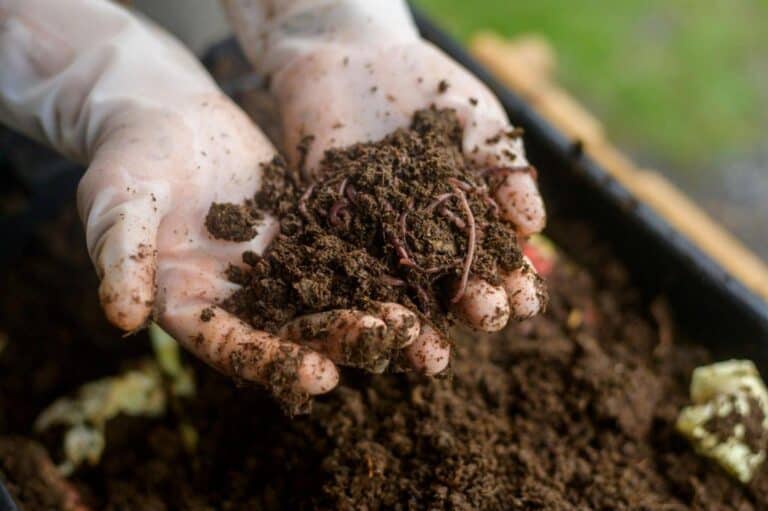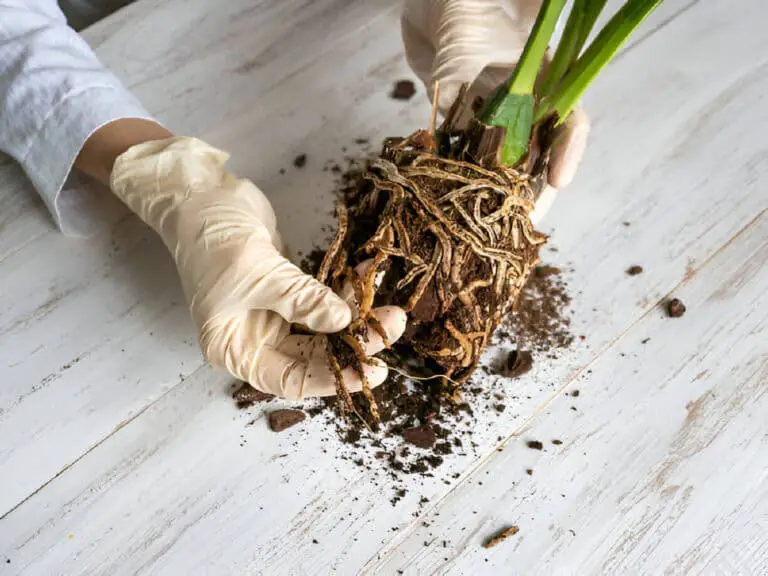Why Are My Peaches Rotting Before They Ripen?
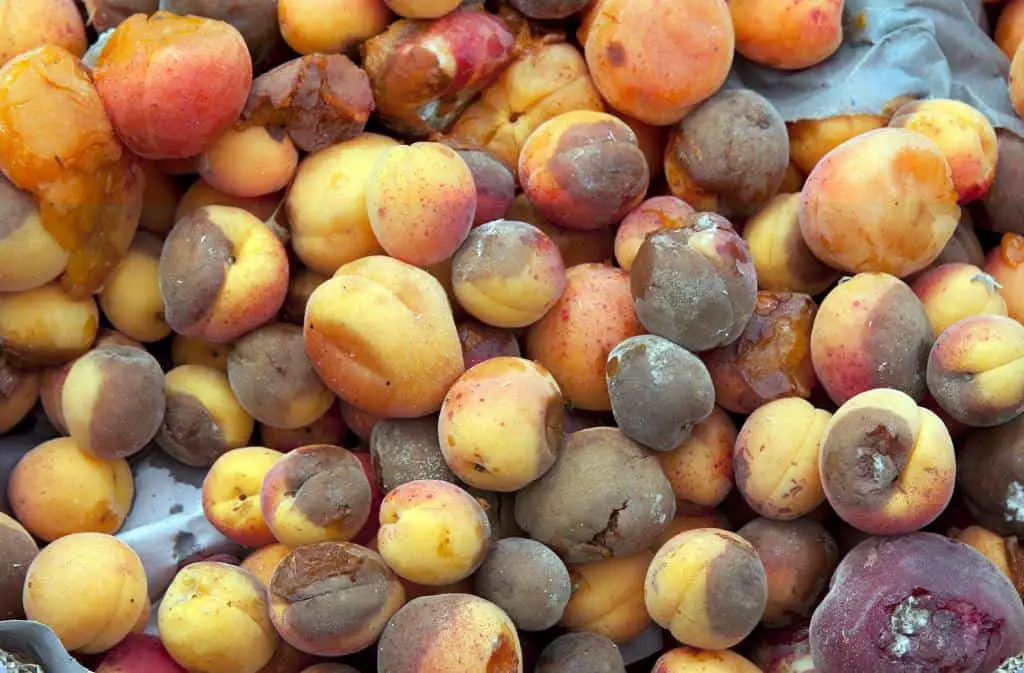
Nothing quite dampens the enthusiasm of a home gardener or fruit enthusiast like discovering their carefully nurtured peaches succumbing to premature decay. The frustration is real, the disappointment palpable – yet fear not!
We delve into the heart of this juicy mystery with a fresh perspective and insightful solutions. Let’s embark on an exploration that goes beyond mere troubleshooting to understand the very essence of what causes our beloved peaches to rot before their time.
Understanding why your peaches are spoiling prematurely can help you take proactive steps to ensure your future harvests are enjoyed at their best, bursting with flavor and freshness. Join us as we delve into the intriguing world of peach ripening and explore the factors that may be contributing to your peachy predicament.
How to Identify Early Signs of Peach Rot
Early signs of peach rot can often be subtle, but can quickly escalate if left unaddressed. One common indicator is the appearance of small, dark spots or lesions on the surface of the peach. These spots may start off as tiny specks but can rapidly expand and become more pronounced over time. Additionally, affected areas may appear sunken or depressed, indicating tissue damage beneath the skin.
Another telltale sign of peach rot is the presence of a foul odor emanating from the fruit. As the rot progresses, the peach may emit a distinctively unpleasant smell, reminiscent of fermentation or decay. This odor is often strongest around the affected areas of the fruit and can serve as a clear indicator that the peach is no longer fit for consumption.
In some cases, the flesh of the peach may also become mushy or soft to the touch, particularly around the areas where rot has taken hold. This loss of firmness is a sign that the fruit is breaking down internally and may indicate advanced stages of decay. Additionally, the color of the affected areas may darken or become discolored, further indicating deterioration of the fruit.
Why Are My Peaches Rotting Before They Ripen?
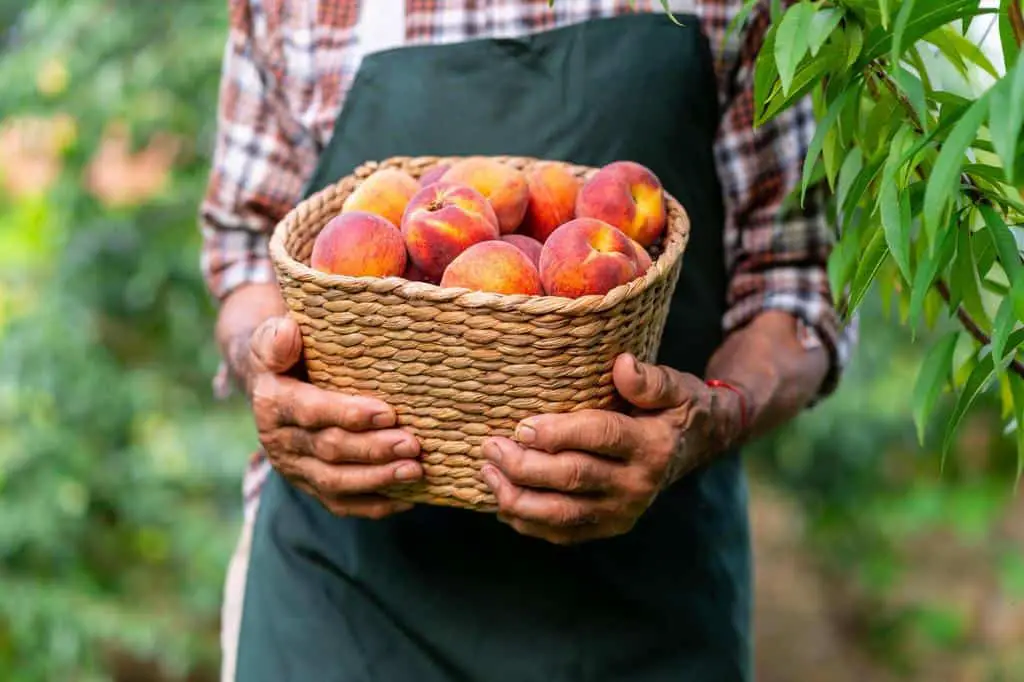
Experiencing peaches rotting before they ripen can be frustrating, but understanding the underlying reasons can help prevent it in the future. Several factors may contribute to this issue:
- Fungal Infections: Peaches are susceptible to fungal diseases such as brown rot, which can cause fruit to rot prematurely. This infection often occurs during periods of high humidity or when fruits are stored in moist conditions. Brown rot (Monilinia fructicola) or gray mold (Botrytis cinerea) are two peach tree diseases that may be causing the problem.
- Poor Air Circulation: Insufficient airflow around the fruit can lead to moisture buildup, creating an ideal environment for fungal growth and rotting. Overcrowded storage areas or tightly packed fruit baskets can exacerbate this problem.
- Pest Damage: Insect pests such as fruit flies or beetles can puncture the skin of peaches, providing entry points for pathogens and accelerating rotting.
- Harvesting Issues: Harvesting peaches too early or too late can affect their ripening process. Peaches should be harvested when they are fully ripe but still firm to the touch. Harvesting immature fruit or leaving ripe fruit on the tree for too long can increase the likelihood of rotting.
- Storage Conditions: Improper storage conditions can also contribute to peaches rotting before they ripen. Storing peaches in a humid or warm environment can accelerate the ripening process and make them more susceptible to rot. It’s essential to store peaches in a cool, dry place with good air circulation to extend their shelf life and minimize the risk of rotting.
- Bruising or Damage: Peaches are delicate fruits, and rough handling during harvest, transportation, or storage can cause bruising or damage to the skin. Bruised areas are more prone to rotting as they provide entry points for bacteria and fungi. Handle peaches with care to minimize bruising and damage, and inspect them regularly for any signs of injury.
- Varietal Susceptibility: Some peach varieties are more prone to rotting than others due to genetic factors or susceptibility to certain diseases. If you consistently experience issues with peaches rotting before they ripen, consider selecting different varieties that are known for their resistance to rot and disease.
What Methods to Ripen Peaches Without Rotting?
Ripening peaches without risking rotting requires a delicate balance of temperature, humidity, and airflow. Here are some effective methods to ripen peaches safely:
- Room Temperature Ripening: Place the peaches in a single layer on a countertop or table away from direct sunlight. Check them daily for ripeness, gently pressing near the stem end to feel for slight give.
- Paper Bag Method: If you want to speed up the ripening process, place the peaches in a paper bag with an apple or banana. These fruits release ethylene gas, which promotes ripening. Fold the top of the bag closed and leave it at room temperature.
Simple Tips to Ripen Peaches Without Rotting
Ripening peaches without the risk of rotting requires attention to detail and proper handling techniques. Here are some simple tips to help you achieve perfectly ripe peaches:
- Selection: Choose firm, unbruised peaches with nice color, full shape, and a good weight for their size. Avoid squeezing the peaches as it can damage the fruit and cause it to rot
- Avoid Bruising: Handle the peaches with care to prevent bruising, which can accelerate rotting. Place them gently in a single layer to avoid damaging the fruit.
- Inspect for Mold: Regularly inspect the peaches for any signs of mold or decay. If you notice any moldy spots, remove them immediately to prevent it from spreading to the rest of the fruit.
- Store Properly: Once the peaches reach the desired level of ripeness, transfer them to the refrigerator to slow down the ripening process. Store them in a breathable container or perforated plastic bag to maintain airflow and prevent moisture buildup, which can lead to rotting.
- Check Regularly: Regardless of the method used, check the peaches regularly for ripeness. Look for a slight softening of the flesh and a sweet aroma near the stem end. Once ripe, transfer them to the refrigerator to slow down further ripening and extend their shelf life.
Some Signs That Peaches Are Ripe
Here are some signs that peaches are ripe:
- Color: Look for a deep, uniform color. The exact hue can depend on the peach variety, but generally, you want to avoid any green undertones, which suggest the peach is not yet ripe.
- Aroma: A ripe peach will have a fragrant, sweet aroma. If it doesn’t smell like anything, it’s probably not ripe yet.
- Skin Texture: The skin of a ripe peach will be taut and wobble-free. Wrinkling near the stem (not to be confused with natural creases) often indicates an overripe or aging fruit.
- Feel of the Stem Area: The area around the stem should be slightly soft.
- Touch: A ripe peach will yield slightly to gentle pressure, particularly around its stem. It should feel firm but not hard.
- Appearance/Texture of Skin: Look for signs of shriveled skin around the stem. When you see wrinkles, that’s the sign of a really excellent peach.
- Taste: If you aren’t confident in telling the ripeness of your peaches by smelling, feeling, or looking, then pick a peach and take a bite. If it’s still a little crunchy and lacking that juicy sweetness you’d expect from a peach, then give the rest of the fruit some more time to ripen
Remember, ripe peaches should have a sweet, peachy smell, and the stem side should be slightly soft when pressed. If the peaches start to rot before they are fully ripe, it may be due to improper storage or handling during shipping.
Will Peaches Ripen After Being Refrigerated?
Refrigerating ripe peaches can indeed help prolong their freshness and prevent them from spoiling too quickly. While ripe peaches are best enjoyed immediately for their optimal flavor and texture, refrigeration can extend their shelf life by slowing down the ripening process.
By placing ripe peaches in the refrigerator, you’re essentially putting them in a state of suspended animation, where the cool temperature slows down enzymatic activity and delays the natural progression of ripening. This means that the peaches will stay at their current level of ripeness for a longer period, allowing you to enjoy them over the course of a few days rather than all at once.
However, it’s essential to note that refrigeration can also affect the texture of peaches, making them slightly firmer than when they’re stored at room temperature. While this change in texture may not be noticeable to some, others may prefer the softer, juicier consistency of peaches that haven’t been refrigerated. Overall, refrigerating ripe peaches is a convenient way to extend their shelf life while still preserving their delicious flavor and nutritional benefits.

